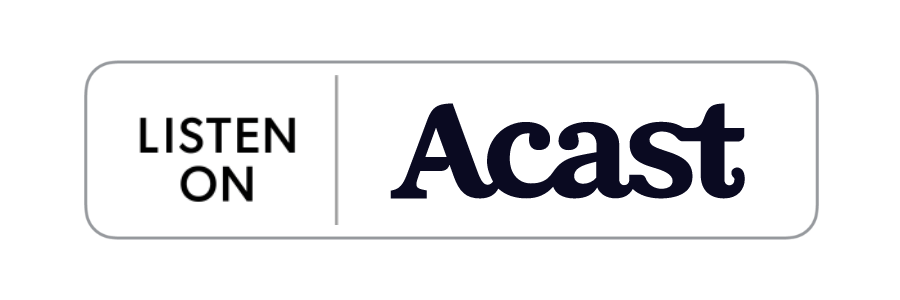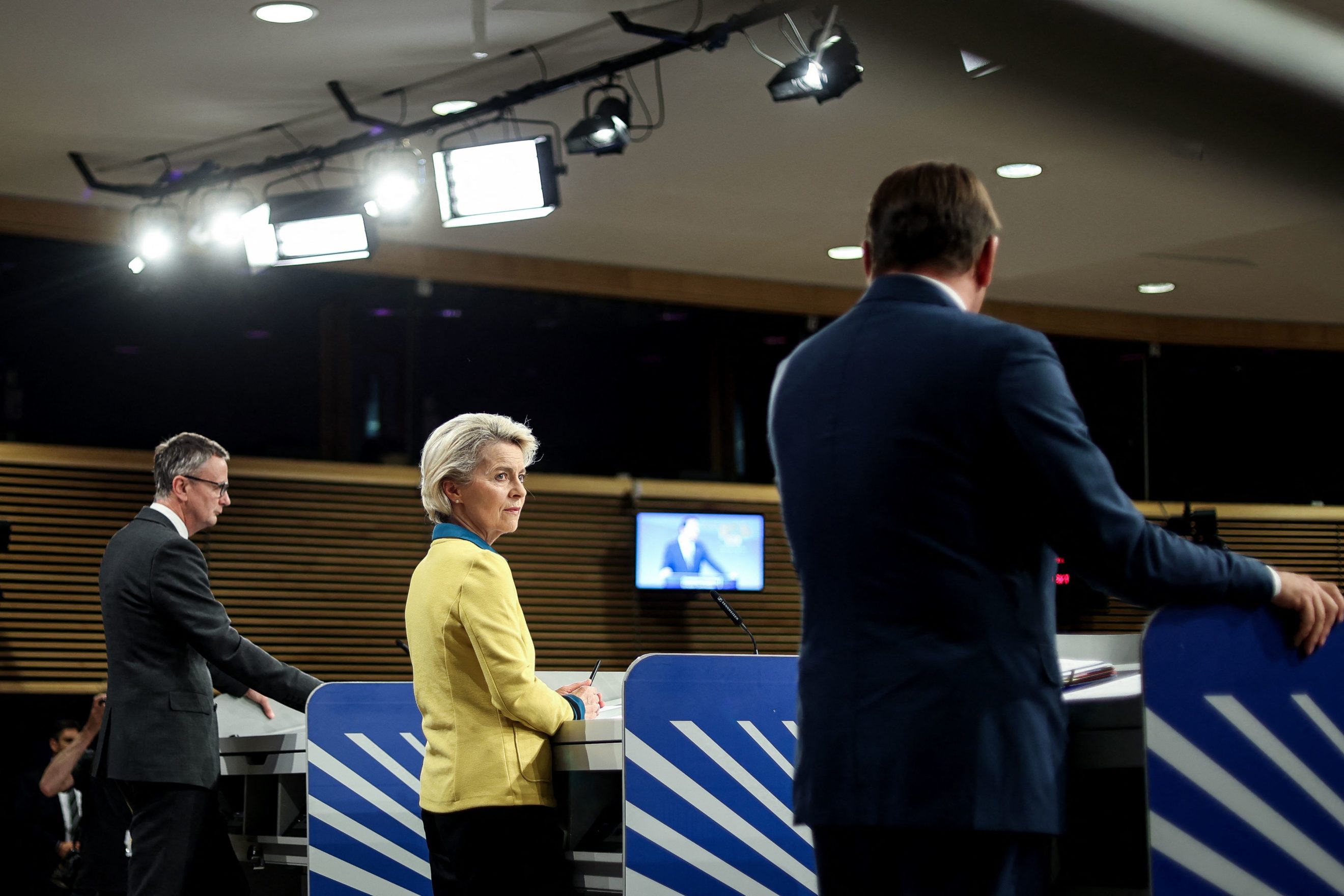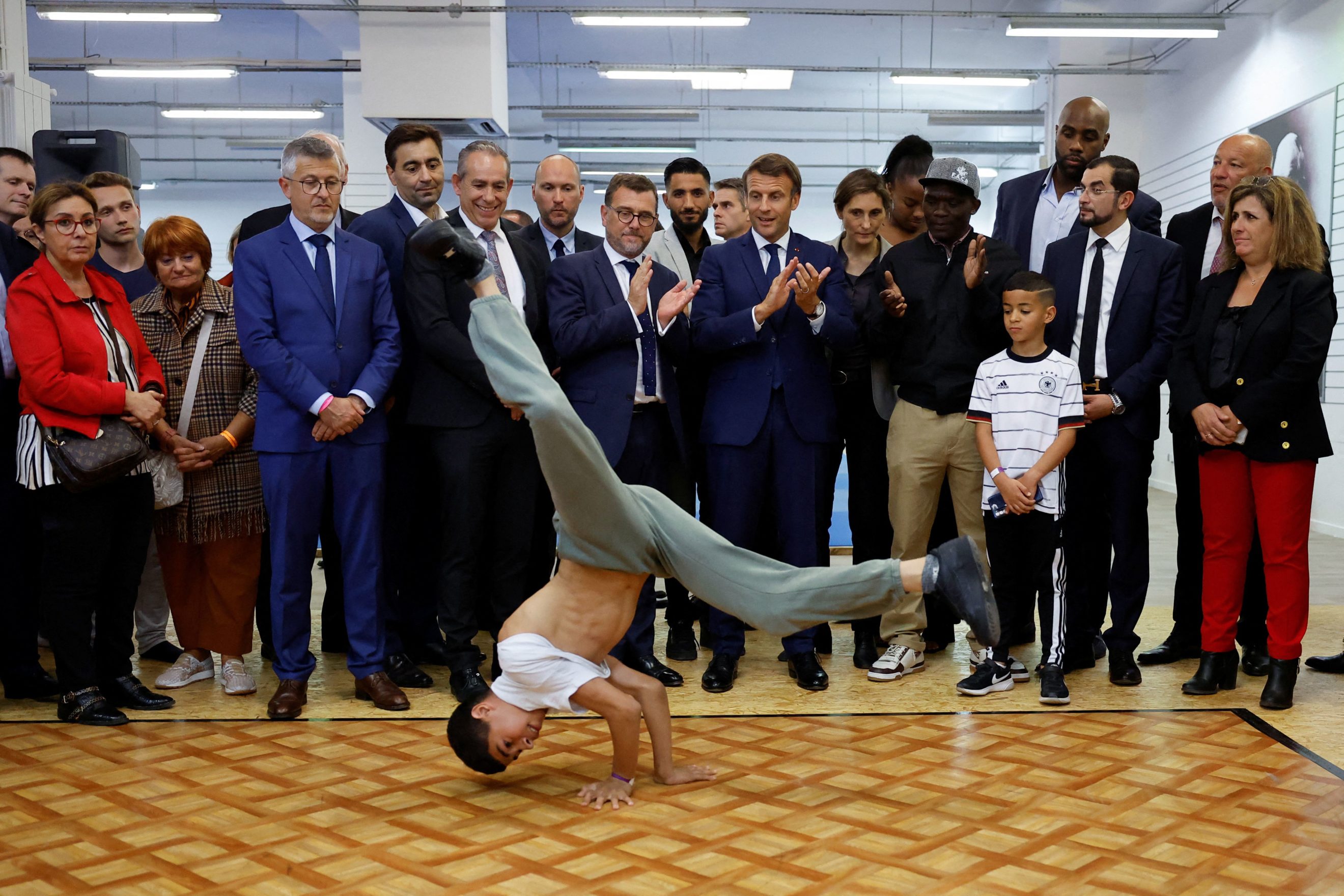 |
By JAMIL ANDERLINI
PRESENTED BY

Hello folks,
A momentous week in European politics. Ukraine was accepted for EU candidate status and is now on the path to eventual, probable, possible membership of the club — jumping the queue in front of several other countries who are a little miffed that their applications seem to have been lost in the Brussels post. As a newcomer to the capital of Europe, the endless rounds of summitry and their attendant traffic and disruption can seem pointless and annoying. But even I have to admit that this week’s European Council is a pretty big one.
Macron, the Zelenskyy cosplaying Jupiter wannabe has been humbled at the parliamentary ballot box just weeks after he won a second five-year term as president and things just get worse and worse for Boris Johnson, who lost two crucial by-elections in entirely different constituencies. The loss in former ultra-safe Tory “pocket borough” Tiverton and Honiton is the Conservatives’ worst ever by-election result — erasing a majority of over 24,000 votes.
With NATO gearing up for its most consequential meeting in a generation, Secretary-General Jens Stoltenberg swung by the POLITICO Brussels HQ for a chat with our star reporter Lili Bayer. Check out the link below.
With the G7 kicking off in a Bavarian castle this weekend, Team POLITICO will be even busier in the coming days.
Watch out for more of our stellar coverage on all things political in Europe …
Bon Weekend,
Jamil
**A message from the EPP Group: The EPP Group wants the Green Deal to be a European success story. Efforts to reduce carbon emissions must bring innovation, create jobs. "We want de-carbonisation, not de-industrialisation. By trading emission allowances, instead of bans and interdictions, we set incentives and reward those who reduce CO2 emissions,” says Peter Liese.**
EDITOR’S CHOICE

The end of Macronism
Jupiter has fallen to Earth. After a too-close-for-comfort win in the presidential runoff against Marine Le Pen in April, Emmanuel Macron’s ruling centrist coalition took a heavy blow in the parliamentary election last weekend. Without an overall majority — a rarity in France’s electoral system — Macron must adjust his style of government and share power if he is to get anything done. This post-mortem on France’s election season explains what it means for Macron and France. Read the story.
In conversation with NATO Secretary-General Jens Stoltenberg
NATO chief Jens Stoltenberg was in the POLITICO office this week for a live interview with our defense specialist Lili Bayer. He had to deal with tricky questions on Turkey’s block on the membership applications of Sweden and Finland — as well as his prediction that the war could go on for years. Stoltenberg looked distinctly uncomfortable when confronted with the Ukraine government’s anger at that comment. Read the story and listen to the full interview.
The EU races to free itself from Russia’s gas noose
Even as much of Europe basks in an early summer heat wave, winter is coming. EU leaders are already turning their minds to how the Continent will get through the cold season while Vladimir Putin has his hand on the Continent’s gas tap. France, Italy, Austria and Germany had a taste of what may be to come when Gazprom reduced gas flows to 40 percent of capacity along the Nord Stream pipeline, citing an equipment issue caused by Western sanctions. The fear is that Putin could use energy blackmail when European homes need heating and gas stocks for industry are low. Read the story.
(Re)designing the city for women
This fascinating piece explains how unconscious gender bias pervades the way our cities are designed and built. Giovanna Coi visited one trail-blazing municipality — Umeå in Sweden — to explore how it is designing its urban environment with women front of mind. Read the story.
The Rashists from Mordor vs. the Tractor Troops: Ukraine’s new language of war
This is pure POLITICO. Insight, context, insider knowledge and a linguistic treatment that made for an engaging read. Read the story.
 |
|
|
POLITICO’s guide to the Czech EU presidency
The presidency is dead. Long live the presidency. With the Czechs taking over from France as cat-herders-in-chief at the Council of the EU there’s a new cast of power-brokers and a fresh policy agenda for Brussels watchers to get their heads around. This comprehensive guide from POLITICO’s expert policy and politics reporters tells you everything you need to know. Read the stories.
Smugglers’ secrets: How Russia can beat EU sanctions
As sanctions on Russia bite harder over the coming months, Russia will start to crave banned goods that are essential for its military and domestic economy. The Kremlin will also want to replenish its war chest with revenue from sales of sanctioned products — from coal and oil to caviar — to willing buyers overseas. This well-timed explainer answers all the questions readers may have had about how Russia is trying to evade sanctions. Read the story.
YOUR WEEKEND PLAYLIST
EU Confidential: Ukraine on EU membership path — Balkan backlash — Albanian PM
Coming to you from the EU leaders’ summit in the heart of Brussels, we discuss Ukraine’s candidacy to join the club and the lack of progress for EU-hopefuls in the Western Balkans. We hear from Albanian Prime Minister Edi Rama, NATO Secretary-General Jens Stoltenberg and Florence Gaub, foresight adviser to the Council of the European Union.
POLITICO’s David M. Herszenhorn, Lili Bayer, Giorgio Leali and Hans von der Burchard unpack how the Ukraine decision was made and where the discussion on EU accession goes from here. Giorgio also explains how French President Emmanuel Macron’s gravitas around the Council table may have been diminished by his centrist alliance’s disappointing showing in parliamentary election last weekend. Listen to the podcast.
Westminster Insider: Why Britain always hates its leaders in the end
In the wake of Thursday’s crunch by-election results, Jack Blanchard considers why Britain always seems to turn against even its most popular prime ministers in the end.
The Atlantic’s Tom McTague and pollster James Johnson discuss the collapse in Boris Johnson’s popularity, and whether it’s still possible for him to turn things around.
And former Downing Street officials Caroline Slocock, Jon Ashworth, Paul Harrison and John McTernan explain how it all went wrong for past leaders such as Margaret Thatcher, Tony Blair, Gordon Brown and Theresa May. Listen to the podcast.
DECLASSIFIED
Got a spare wad of cash burning a hole in your pocket? This week’s Declassified will tell you how to spend it.
Caption competition
|
|
“Seriously! We agreed we’d all wear the colors of Ukraine. Now I look foolish.”
Can you do better? Email [email protected] or on Twitter @pdallisonesque
Last week we gave you this photo:
|
|
Thanks for all the entries. Here’s the best from our postbag — there’s no prize except for the gift of laughter, which I think we can all agree is far more valuable than cash or booze.
“He holds up the world with his hands! What a coincidence!” by Giovanni Cellini.
**A message from the EPP Group: Cutting CO2 emissions by 55% by 2030, compared to 1990, is ambitious, but necessary to achieve climate neutrality by 2050. “The Green Deal needs to be made in Europe. This climate package will only succeed if it leads to innovation, opportunities and jobs in Europe,” says Esther De Lange. The Green Deal must be both, "green" and a "deal". The EPP Group wants the new Carbon Border Adjustment Mechanism (CBAM) at the external borders of the EU to protect European companies from unfair competition from non-European climate polluters. If, for some reason, we cannot tax the carbon of products imported from outside Europe, we must be able to help European companies who face competition from such cheap and polluting products. “We cannot agree to phase out old mechanisms, the allocation of free emission allowances, until the new CBAM mechanism proves it works", says Adam Jarubas.**
SUBSCRIBE to the POLITICO newsletter family: Brussels Playbook | London Playbook | Playbook Paris | EU Confidential | Sunday Crunch | EU Influence | London Influence | Digital Bridge | China Direct | Berlin Bulletin | D.C. Playbook | All our POLITICO Pro policy morning newsletters







